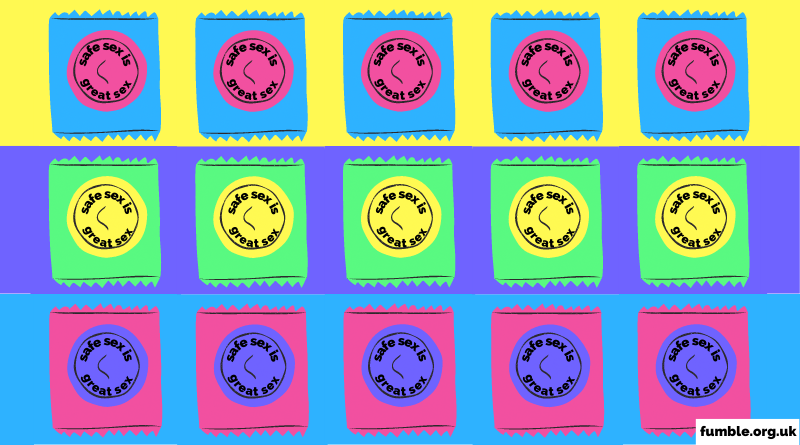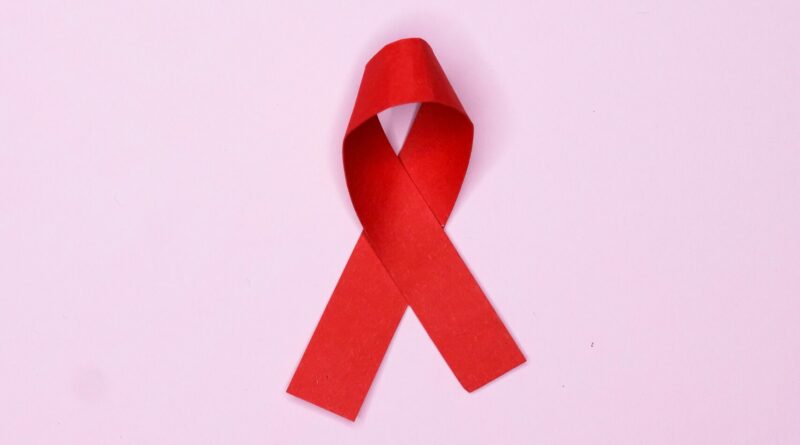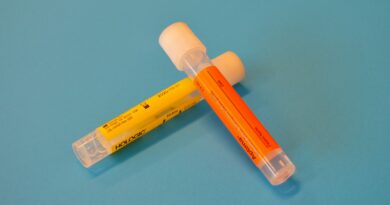PEP: The HIV prevention drug
PEP is one of the most effective HIV prevention drugs, so here’s everything you need to know about it
PEP (post exposure prophylaxis) is an emergency medicine which can prevent you from developing an HIV infection, if you think you have been exposed to the virus. A lot has changed since HIV was first discovered and thanks to incredible research, we have medication! But there isn’t a cure (yet!), so we need to know everything we can do to keep ourselves, our partners and our friends happy and healthy.
The facts
🦠 PEP isn’t a cure for HIV – it works as a preventative drug, so you have to be HIV negative for it to work
🦠 It has to be started within 72 hours of coming into contact with HIV (ideally within a few hours) and it means infection is a lot less likely
🦠 Some strains of HIV don’t respond to PEP yet, so it’s not a 100% guarantee
🦠 You need to take the medicine for four weeks – it won’t work if you take it for less than 28 days or if you take it irregularly
How can people get HIV?
It’s a virus that lives in the blood, semen or vaginal fluid. It’s passed on when one of these fluids, infected with HIV, enters someone else’s blood. This can be through:
- Anal sex (unprotected)
- Vaginal sex (unprotected)
- Oral sex (unprotected)
- Sharing sex toys without using different condoms or washing them properly in between uses
- Sharing needles
- Pregnancy, childbirth or breastfeeding (very rare in the UK)
Unprotected sexual activity means without barrier methods of contraception, e.g. condoms or dental dams. HIV transmits through blood and sexual body fluids (not urine, sweat or saliva), therefore you cannot get it by kissing, hugging, sharing baths, sharing towels, baths or cups, via toilet seats or in swimming pools. The most common way to transmit HIV is by having unprotected vaginal or anal sex, because these types of sex are most likely to cause tears in the skin, which exposes the bloodstream.
If you think you’ve been exposed to HIV, don’t bury your head in the sand! There are options and the faster you have access to them, the more effective they are.
Where can I get PEP from?
In the UK, PEP is free on the NHS. Sexual health clinics or HIV clinics are the best places to get PEP. If it’s a weekend or the clinics are shut, the best place is the A&E department at the hospital. GPs don’t usually have PEP.
When you ask for PEP, you’ll probably be asked some questions. These questions might feel personal and tricky to answer, but it’s just so that the healthcare professionals can assess what your risk of infection is. PEP involves a powerful drug and they want to be sure that it’s necessary for you to take it. These questions could be:
❓ Who have you had sex with?
❓ Whether you’ve had oral/vaginal/anal sex
❓ If the other person has HIV
❓ They’ll also ask you to take an HIV test
If you’re denied PEP and you still think you need PEP treatment, there are still options:
- If someone tells you ‘PEP isn’t available to the general public’, ask to speak to the ‘on-call HIV doctor’
- Call the Terrance Higgins Trust on 0808 802 1221 and they’ll be on hand to help
Taking PEP
❗You have to take it exactly as instructed by your doctor. This is really important because if you skip a day, or don’t take it for the full month, the treatment probably won’t work
❗If you miss more than 48 hours of PEP, you’ll have to stop treatment all together
❗Don’t double dose! If more than 24 hours have passed since your last dose, just take the next dose as normal
❗NO recreational drugs – we don’t know how they interact with HIV medication. Tell your doctor about any recreational drugs you’re taking, including any herbal treatments or over the counter medications
❗8-12 weeks after your PEP course has finished, you’ll have to do another HIV test
❗Use condoms! Just because you’re taking PEP, it doesn’t mean you’re completely safe from other STIs. Condoms make sure of this
❗PEP is a pretty strong drug, so it can have some side-effects, like prolonged headaches, diarrhoea, nausea or vomiting.
Condoms!
PEP isn’t like emergency contraception (the ‘morning after pill’) and shouldn’t be used as a replacement for condoms. Condoms are free, easy to get hold of, and also help to prevent the spreading of other sexually transmitted infections and unwanted pregnancy.

Other support
- Where to get a sexual health check in the UK
- Terrence Higgins Trust – PEP (post-exposure prophylaxis for HIV)
- Brook – PrEP and PEP
- Brook – STIs and stigma
- For specific information on being trans with HIV, you can visit i-base and CliniQ
Read more
Last Reviewed 10 April 2023
Image Credit: Nadezhda Moryak via Pexels





